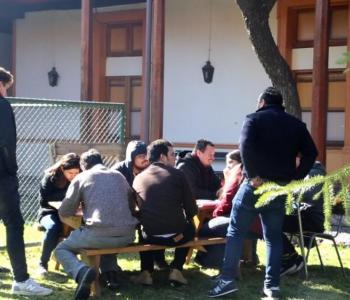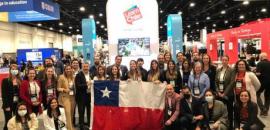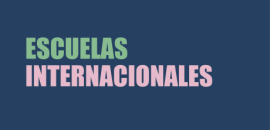Se encuentra usted aquí
Students from the International School for Sustainable Development and Circular Economy Expand Their Knowledge on Waste Recovery Alternatives with PhD René Garrido

August 2, 2019
Last Monday, July 22, the School of Sustainable Development and Circular Economy began with the participation of multiple stakeholders, both public and private, including non-governmental organizations and academia. It contained four main modules focused on the primary objective of the Faculty of Engineering (FING): the internationalization of the curriculum design for the training of global engineers.
René Garrido, director of the school and academic of the Department of Geographical Engineering has a positive assessment of the activity due to the interdisciplinary and the experience of conducting workshops, field visits, and workshops in a second language during the activities, strengthening and expanding the acquisition of knowledge on students. "This will enrich all the children who are working with us, because we are changing the look and the way they are currently being trained", he explained.
This school is conducted 80% in English language and that means carrying out processes through “translanguage” methods that consider different learning curves, according to the director. "This also allows and supports the enhancement of the internalization process at the university. By providing spaces where people can work in a second language –mainly English–, we have managed to include international students as well. Now, we have students from New Zealand, Germany and Brazil who are currently having an excellent performance,” he added.
Workshop: Waste to Energy
PhD René Garrido developed a workshop about the use of waste for power generation in the Department of Geographical Engineering. He exposed the different alternatives for waste recovery, so that students could understand the benefits and differences about the incineration, gasification, and anaerobic digestion technique concepts.
The students "worked on understanding the analysis from life cycle in order to evaluate technologies correctly. We cannot believe that the environmental impact is relevant if we do not speak from the cycle of the whole process. The analysis of life cycle allows us to understand the problems from a more holistic concept."
The First International School would continue to be developed in coordination with the Departments of Chemical, Geographical and Electrical Engineering until August 2, when students would obtain a certification for participation.
Translated by Alexandra Cabrera



